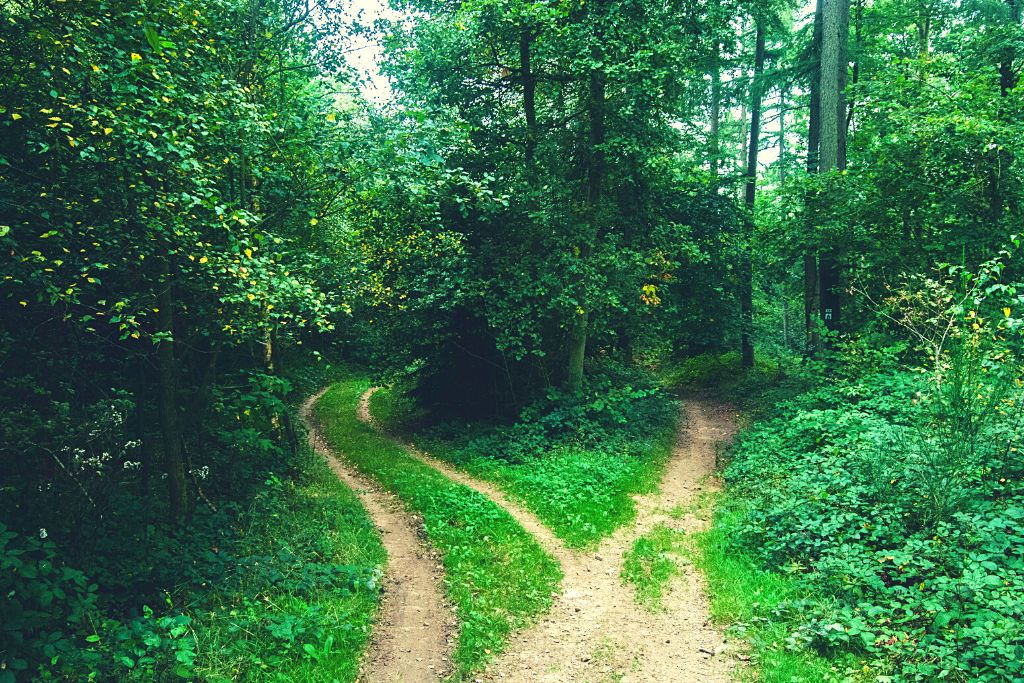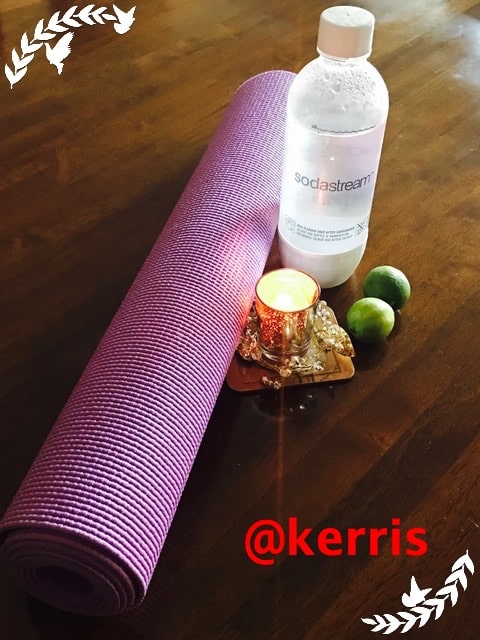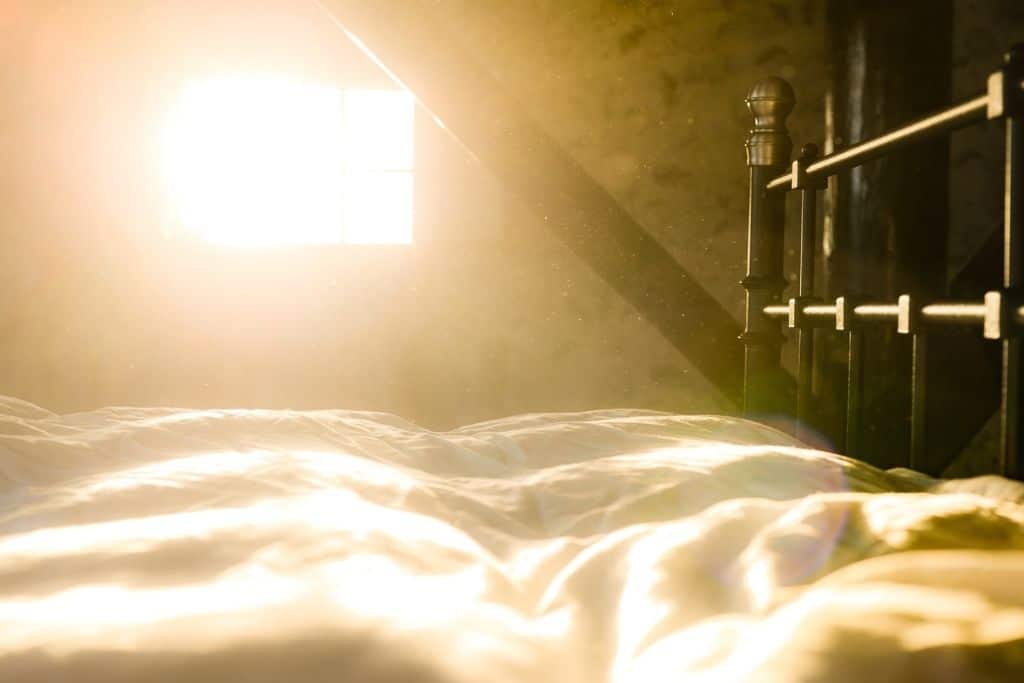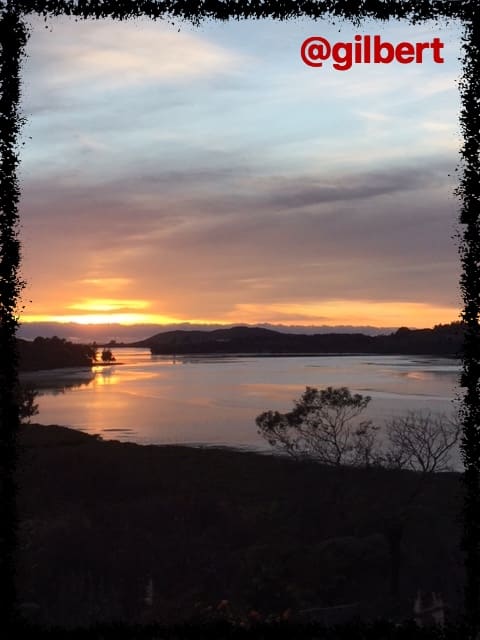
Getting sober and living sober are two very different things. One is a short(ish) term project that is hard work and requires a big concerted effort. The other is a long term lifestyle choice that requires the implementation and nurturing of a variety of nourishing tools and techniques.
Getting sober requires grit, determination and bravery. It involves you identifying triggers, beating cravings, shifting hard-wired beliefs about alcohol and reframing your identity to that of a non-drinker. It is an intense, tricky process that can take months of effort. It is turning your life around!
It is hard work - no doubt about it - but cracks of light come through at every stage in the process. Slowly but surely things improve, you get glimmers of hope and whispers of freedom that eventually turn solid and magnificent.
Then eventually one day you realise the hard work is over, you're not having to make so much effort any more to not drink. You relax into your new sober skin and not drinking becomes your norm. This is a happy day indeed!
But then the ongoing work required to live sober becomes very apparent. This is the work to establish (or really 'bed in' if you have them already) tools and techniques that will keep you strong when dealing with everything life deals up.
Because tricky stuff comes along constantly, and living sober means we are prepared to always face them without numbing or blurring.
Us sober folk NEVER get to avoid feelings by bending our brains with a liquid drug (like many thousands of other people do). We NEVER get to take the edge off a tricky day with a glass of wine (or five). We NEVER get to let loose with a bevvy or two and forget about our cares for a while. No. We front up day after day after day, through sadness and stress and pain, through tricky relationships or or complicated interactions, and we remain raw and alert and present for all of it. Sober.
And for this we require some next-stage/long-term recovery work. This is the job of living sober. This is where we need to find, learn, foster and cement a bunch of kind, authentic, nourishing tools and techniques that are going to be with us for the rest of our lives.
These things aren't quick fixes (like booze is). They're not dramatic and outrageous (like booze is). They're subtle, deep, grounded, nourishing and powerful (unlike booze).
They're also utterly fabulous because these are the things that lead to a genuinely calm and satisfying life. That's what I've found anyway. I now have a vast array of lovely tools and techniques that I can turn to when the going gets tough. New things in my life that I never had when boozing and only started to develop after the hard work of getting sober was done.
I wouldn't have these things available to me if I'd kept boozing, and that would be a great shame. Because right now - at nearly 6 years sober - I'm happier, calmer and more content than I've ever been before. And this is a glorious thing.
Love, Mrs D xxx









My biggest challenge with Living Sober is my friends and family. We are a big drinker group – no social occasion is right without alcohol. Now I have given it up – nearly 3 years now – my friends find me boring and I find them boring. This has spiralled into my feeling anger with them most of the time. I now spend most of my time alone – and that is lonely. Looking for answers as I keep moving forward.
Thank you for the space to talk.
Thanks Mrs D, great post and thanks DaveH, it’s given me new perspective
Awesome article. I found myself nodding and smiling throughout. Thank you 💕
“Getting sober and living sober are two very different things. One is a short(ish) term project that is hard work and requires a big concerted effort. The other is a long term lifestyle choice that requires the implementation and nurturing of a variety of nourishing tools and techniques.”
This was exactly my own experience. Stopping drinking was one thing, and staying stopped was another. Not only were the challenges different, so too were the tools and disciplines I needed to engage.
Johann Hari is well known for the phrase “The opposite of addiction is connection”. But while this isn’t quite correct (the opposite of addiction is repulsion) he is absolutely right about the importance of connection. I found that connection was essential for me in both stopping drinking and in staying stopped.
While I tried to control my drinking alone I was consistently unsuccessful. I tried absolutely everything I could think of, and I tried really earnestly, but the best I could manage was three or four days. This carried on for years. Only when I connected with a recovery community did succeed.
I have learned that my recovery stands or falls on the maintenance of three beliefs: that stopping drinking is possible, that stopping is worthwhile, and that stopping is necessary. I wasn’t entirely convinced of any of these while I struggled on alone. When I connected with a recovery community then I learned that the condition was progressive, so sooner or later stopping becomes essential. I also saw that it was worthwhile: people that had stopped were happier. I hadn’t anticipated seeing that but the people that had stopped drinking were calm, relaxed, and cheerful. But most importantly I got direct proof that it was indeed possible to stop drinking… despite my own experience. I not only saw that it was possible to stop I saw that it was possible for me, because the people I saw and heard seemed to possess no special power or strength that I did not: so if they could do it then so could I… and I did.
Staying stopped however was a different challenge. When I first stopped I was propelled by the added force of desperation. I was desperate to escape the daily hellhole of anxiety, guilt and remorse I was trapped in. But once I stopped drinking then that anxiety, guilt, and remorse faded away, and away with them went the added strength that came from the desperation they caused. The strength of my resolve ebbed away but I had no way to measure or know this, all I was aware of was the changed chatter in my head. As well as the perennial “just one won’t hurt” and “a drink will make you feel better” I now got “maybe you weren’t that bad” and “you can probably control it now”. These self-sabotaging thoughts were both persistent, and persuasive, but the danger that they posed to me was that they eroded my belief that stopping drinking was “necessary”. And if I lost my belief in the necessity of my course then sooner or later I would drink again.
Whether or not I will drink at any moment is determined by a really simple equation. If the urge to drink exceeds the will not to then I will drink. It really is that simple. As my distance from despair increased then my resolve to remain AF diminished. But the thing is that the urge to drink doesn’t need to be powerful to make me drink again, it only needs to be greater than my resolve to resist. And if that resolve is significantly lowered then even a modest urge and rogue idea will see me drinking again. As my distance from despair increased, so my resolve dropped and this put me in a dangerous position. Unfortunately there is no direct way of knowing the state of our resolve, we can only notice it if we know how to look… but at the time I didn’t.
I had a very close call in this period, but I learned something very important from it. I had a significant urge to drink and it really seemed like a reasonable thing to do at the time. I had the urge, the opportunity to drink, the excuse (“you’ve done well, you deserve a drink”), and the chance to do so without anyone knowing. But at the last moment I somehow found the strength to walk away. That evening I went to my recovery group and at the end of that meeting I noticed there was something different in me. I noticed that I didn’t feel at risk of drinking any longer: my resolve had been topped up.
So that is the big lesson I learned: connection to others in recovery replenishes resolve: I have a way of managing the state of my resolve if I have the discipline to do it. And if I keep my resolve high then I am never at risk of drinking.
Ever since I discovered this I have used this little nugget to keep myself safe. Mostly I stay connected to others in recovery online, but I know that I can always connect in-person if I need to. It is a daily discipline that I maintain, and these days it is the only thing I need to do to routinely to keep myself safe.
Connection may not be the opposite of addiction, but I have found it to be an essential component of staying stopped and getting on with the business of living sober.
Excellent post. They are two different things. At three days shy of 600 I am well into the second phase of my sober journey. What the two phases have in common is that each day starts anew and each includes an active decision to be sober. And to be thankful. And to be proud of the choice that you made and continue to make every single day.
Great article and timely for me. I think the relapses come when we have trouble with that transition. Dealing is so much harder.
January 23, 2017 When I decided finally at 58 years old to getting SoBer, and Staying SoBer, after five and a half Decades,tHe Book “Living SoBer” was the Very first Book, My sponsor Had me Begin With. Yes Ms.D, They are two completely different things; However, they certainly go hand in Hand.
Totally SoBeR, is tHe Only way!!!!!!! From My experience. I tried California sober, Not Good for this Dysfunctional Alcoholic.
Respectfully AND
Always in Love,
Jeremiah Francis
Thank you Mrs D – your insights are helpful. I’m 55 days AF – so fairly new on my journey – although I have reached the point of not craving any more. There are the odd triggers, but none so far that I haven’t been able to manage.
Thank you so much for your work on this site, and all the resources you provide!!
Thank you @mrs_d i really appreciate this post.
Hi every one I’ve not posted anything for a number of years, iam back on the wagon and I don’t want to fall of again, I’ve been through hell with alcohol, which has destabalised my bipolar. Today iam 33 days sober, I now attend SMART recovery groups which I travel to by bus or train, I’ve put things in place to reinforce my long term sobriety, I honestly now feel ready to work harder on sobriety than I’ve done in the past.
Excellent post! I can relate so much. Thanks for sharing! 😊